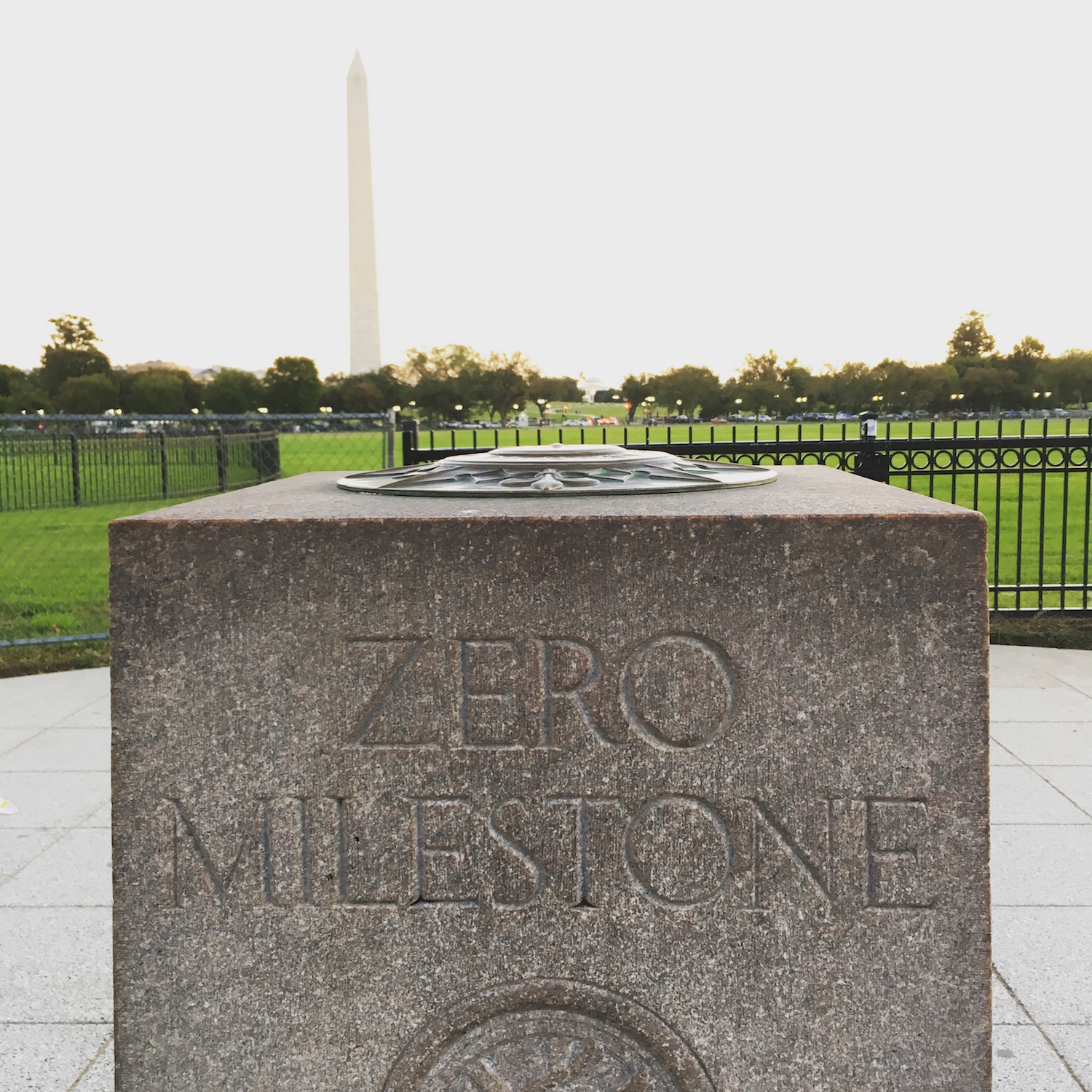25 January: A Milestone In World History
25 January: A Milestone In World History

Developmental Milestones Chart Milestone Chart Why Questions Word | Hot - Source www.hotzxgirl.com
Editor's Notes: "25 January: A Milestone In World History" have published today with valid reason that every human must have knowledge about it.
After some analysis and digging information, we made 25 January: A Milestone In World History we put together this 25 January: A Milestone In World History guide to help target audience make the right decision.
Key differences or Key takeways:
| Date | Event |
|---|---|
| 25 January 1955 | The Soviet Union's Nikita Khrushchev denounces Joseph Stalin's rule. |
| 25 January 1971 | Idi Amin seizes power in Uganda. |
| 25 January 1991 | The Gulf War begins. |
| 25 January 2011 | The Arab Spring begins in Egypt. |
| 25 January 2023 | The UN Security Council votes to impose sanctions on North Korea. |
Transition to main article topics:
FAQ: 25 January: A Milestone In World History
This FAQ section provides answers to frequently asked questions and clears common misconceptions about the significance of 25 January in world history.
Question 1: What is the historical significance of 25 January?
25 January marks several pivotal events in world history. It commemorates the anniversary of the assassination of Mahatma Gandhi in 1948, the overthrow of the Marcos dictatorship in the Philippines in 1986, and the Arab Spring uprising in Egypt in 2011, which triggered a wave of revolutions across the Middle East.

Zero Milestone - Adventures in DC - Source www.adventuresindc.com
Question 2: Why is Mahatma Gandhi's assassination significant?
Mahatma Gandhi's assassination was a defining moment in Indian history. He was a renowned leader of the Indian independence movement and a staunch advocate for nonviolent resistance. His assassination by a Hindu extremist not only cut short his life but also shook the nation and raised questions about religious and political extremism.
Question 3: What was the impact of the overthrow of the Marcos dictatorship?
The overthrow of the Marcos dictatorship in the Philippines was a major victory for democracy and human rights. The dictatorship was marked by widespread corruption, human rights abuses, and economic stagnation. The peaceful People Power Revolution ended Marcos's 20-year rule and ushered in a new era of democracy and economic progress.
Question 4: What triggered the Arab Spring uprisings?
The Arab Spring uprisings were sparked by a combination of factors, including widespread poverty, unemployment, and political repression. The self-immolation of a Tunisian street vendor in December 2010 ignited protests across the Arab world, ultimately leading to the overthrow of several authoritarian regimes.
Question 5: What are the legacies of these events?
The events of 25 January have left lasting legacies. Gandhi's assassination remains a reminder of the dangers of religious extremism and the importance of nonviolent resistance. The overthrow of the Marcos dictatorship showcased the power of people's movements against oppressive regimes. The Arab Spring uprisings demonstrated the aspirations of Arab citizens for democracy and human rights.
Question 6: How are these events commemorated today?
25 January is observed globally as a day to commemorate these significant historical events. In India, Gandhi's assassination anniversary is marked by public gatherings and tributes. In the Philippines, the overthrow of the Marcos dictatorship is celebrated with parades and rallies. In Egypt, the anniversary of the Arab Spring uprising is remembered through memorials and public discussions.
These events continue to inspire and educate generations about the importance of democracy, human rights, and the power of nonviolent resistance.
Transition: To delve deeper into the historical significance of 25 January, explore the following articles...
Tips
To further explore the historical significance of January 25th, consider the following tips:
Tip 1: 25 January: A Milestone In World History offers a comprehensive overview of the major events that have occurred on this date throughout history. It provides a chronological listing of significant happenings, from ancient times to the present day.
Tip 2: The article highlights the global impact of January 25th, showcasing how events on this date have shaped the course of human civilization. It discusses the political, social, and cultural implications of these historical occurrences.
Tip 3: The text emphasizes the importance of commemorating January 25th as a day of reflection and remembrance. It encourages readers to delve deeper into the historical events associated with this date and to consider their ongoing relevance.
Tip 4: The article provides a platform for further research and exploration. It includes links to additional resources and references, allowing readers to expand their knowledge on specific events or historical figures mentioned in the article.
Tip 5: By understanding the significance of January 25th, individuals can develop a broader perspective on history and its impact on the present. It fosters an appreciation for the past and encourages ongoing engagement with historical events.
In conclusion, exploring the historical significance of January 25th offers valuable insights into the interconnectedness of global events and the enduring legacy of the past. It promotes historical awareness, critical thinking, and a deeper understanding of the forces that have shaped our world.
25 January: A Milestone In World History
25th January holds significant importance in world history, marking several notable events and turning points that shaped global affairs. We delve into six key aspects that highlight the historical significance of this date:
- First Revolution: Philippine Revolution (1896)
- Birth of Icon: Birth of Indian Poet Rabindranath Tagore (1861)
- End of Apartheid: Installation of Nelson Mandela (1994)
- Arab Spring: Egyptian Revolution (2011)
- Technological Innovation: Launch of Hubble Space Telescope (1990)
- Scientific Discovery: James Watson and Francis Crick announce DNA structure (1953)
These events span political, cultural, and scientific domains, reflecting the multifaceted nature of historical milestones. They not only mark important moments in history but also serve as catalysts for change, shaping the course of nations and the world as a whole.
25 January: A Milestone In World History
25 January holds immense historical significance, marking several events that have shaped the course of human history. It witnessed the birth of Mahatma Gandhi, the renowned advocate of nonviolent resistance and Indian independence, in 1869. Gandhi's teachings and philosophy continue to inspire millions worldwide, leaving an enduring legacy of peace and civil disobedience.

Milestone Systems case study: global brand compliance - Source www.templafy.com
On this day in 1915, Alexander Graham Bell inaugurated the world's first transcontinental telephone call, connecting New York to San Francisco. This breakthrough in communication technology revolutionized global connectivity and laid the groundwork for modern telecommunications.
The fall of the Berlin Wall on 25 January 1989 marked a pivotal moment in world history. It symbolized the collapse of communism in Eastern Europe and the reunification of Germany, putting an end to decades of Cold War tension and division.
These events on 25 January underscore the profound impact that historical milestones have on shaping societies, fostering technological advancements, and influencing global affairs. Understanding these connections helps us appreciate the complexity of human history and the enduring legacy of those who have played a part in shaping it.
Table: Key Events on 25 January
| Event | Date | Significance |
|---|---|---|
| Birth of Mahatma Gandhi | 1869 | Advocate of nonviolent resistance and Indian independence |
| First transcontinental telephone call | 1915 | Revolutionized global connectivity |
| Fall of the Berlin Wall | 1989 | End of communism in Eastern Europe and reunification of Germany |
Conclusion
The historical significance of 25 January lies in the convergence of events that have had a profound impact on human civilization. From the teachings of Mahatma Gandhi to the technological advancements of the transcontinental telephone to the geopolitical shifts marked by the fall of the Berlin Wall, this day serves as a reminder of the transformative power of human agency and the interconnectedness of world history.
Understanding these historical milestones allows us to appreciate the complexities of the past, draw lessons for the present, and envision a more just and equitable future. By examining the connections between events on 25 January, we gain insights into the forces that have shaped our world and continue to influence its trajectory.
Louis XI: The Cunning Spider King Who Secured France's Future, The Ultimate Guide To Laundry Detergents: Types, Ingredients, And Usage, Meningokokki: Understanding The Causes, Symptoms, And Prevention Of Meningococcal Disease, Building Regulations: A Comprehensive Guide For Safe And Compliant Structures, The Ultimate Guide To SEO Optimization: Enhance Your Website's Visibility, Engy Mourad: Acclaimed Egyptian Actress And Humanitarian, Pay Your Vehicle Registration Tax Online: A Comprehensive Guide, La Lotería De Cundinamarca: Último Sorteo Y Resultados, Yeison Jiménez: Colombian Singer-Songwriter And Latin Music Icon, Chile's Primera División: A Comprehensive Guide To The Chilean Soccer League,